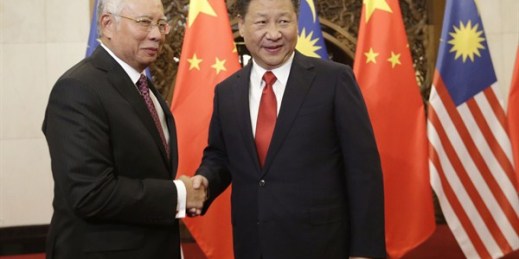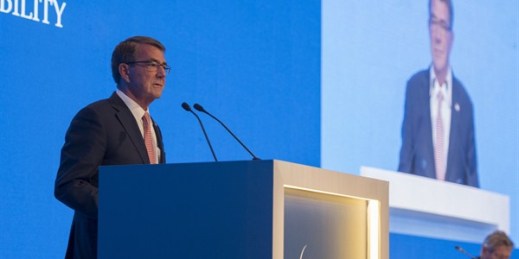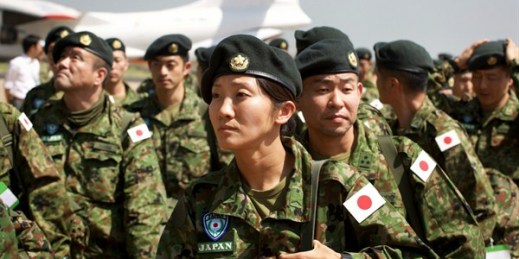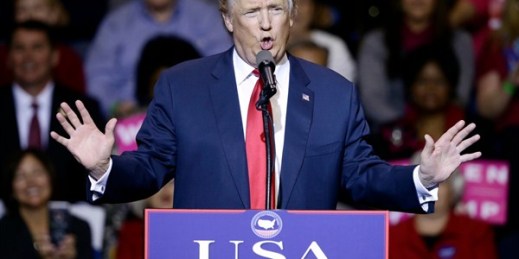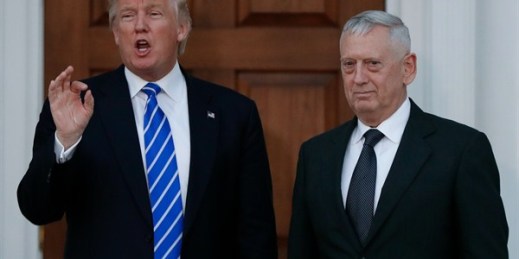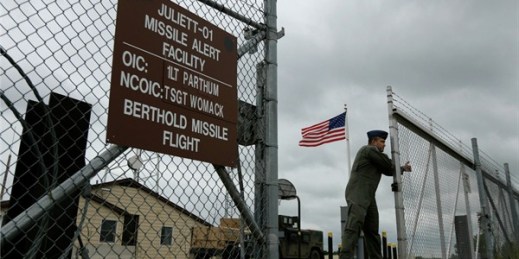
The surprising election of Donald Trump as president of the United States has created countless new questions and concerns about the future of U.S. foreign policy. But perhaps nowhere are these concerns more acute than in Trump’s thoughts about nuclear weapons. While often inchoate and contradictory, Trump’s recent comments about strengthening and expanding U.S. nuclear capabilities, apparently welcoming an arms race with Russia, and possibly encouraging allies to develop their own nuclear deterrent have all caused great concern among defense analysts and foreign policy professionals, not to mention many within the U.S. government. Given the enormous stakes involved, it is […]

